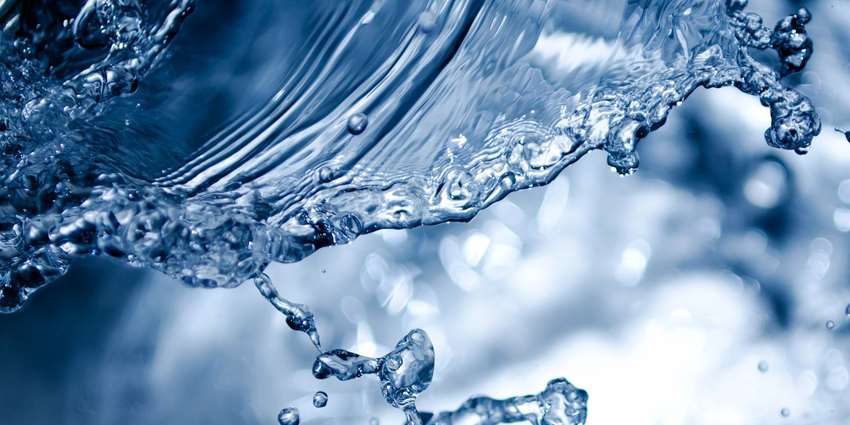The Texas Water Resources Institute (TWRI) is calling for proposals for students conducting water resources research. The deadline for proposal submissions is 11:59 p.m. CST on March 27, 2022.
TWRI has funds available for graduate students at Texas universities through two programs, the TWRI Mills Scholarship Program (available to Texas A&M University College Station, Galveston and Qatar only) and the U.S. Geological Survey Graduate Research Program (available to all Texas universities).
TWRI anticipates funding six to 10 graduate research projects of up to $7,500 each in the areas of water resources and hydrology that have the potential to help Texas solve future water problems. TWRI expects the funds will become available to graduate students as early as the fall 2022 semester with a one-year project timeline. Additionally, those students selected for the Mills Scholarship will also be eligible for an out-of-state tuition waiver.
TWRI Research Priorities
Proposed research can deal with a wide range of water resources topics, but priority will be given to research addressing the science, technology, policy or socioeconomics of:
- developing innovative water management strategies to aid in implementing the Texas state water plan that address agricultural and urban water conservation, identifying new surface water and groundwater sources, desalination, reuse (potable and non-potable) and aquifer storage and recovery;
- evaluating and understanding the implications of water availability and quality on human health outcomes;
- addressing major water quality impairments in Texas, which include bacteria, dissolved oxygen, mercury and other hazardous contaminants;
- understanding the vulnerability of groundwater resources (both quantity and quality) from both a management and policy perspective;
- understanding impacts of climate variability, climate change and drought on Texas water resources, along with measures to adapt to and mitigate these impacts;
- understanding the long-term effects of catastrophic flooding events on surface water and groundwater resources, along with measures to adapt to or mitigate these effects;
- exploring new ideas that address or expand our understanding of water problems;
- evaluating abundance, locations and persistence of legacy nutrients;
- evaluating trends of integrated processes and how changes in one aspect of water quantity and availability affect other long-term aspects; and
- evaluating risks of water conflict: drivers, thresholds, sector/community balance, stakeholder actions, agent-based modeling, relevant laws and regulations, and adaptive management.
See the request for proposals for additional details. To be considered for these opportunities, students should complete the proposal application requirements, budget and budget justification and return it to Danielle Kalisek on or before March 27, 2022.

